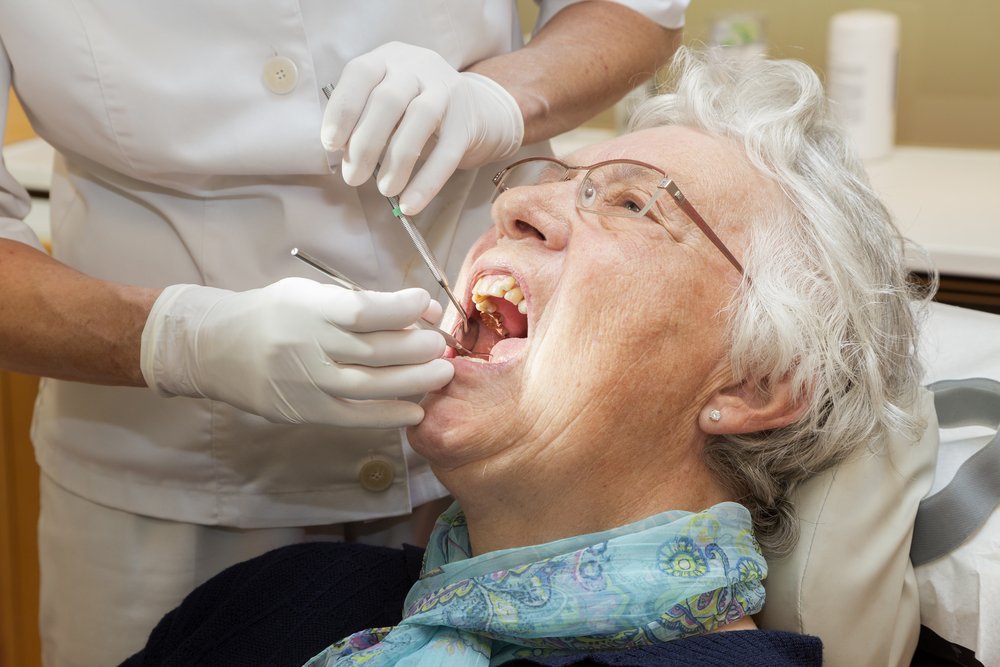Movement Grows to Add Dental Coverage to Medicare
Medicare does not offer much in the way of dental benefits. To get dental coverage, you need to purchase separate and often costly dental insurance or sign up for a Medicare Advantage plan that includes dental care. Advocates for Medicare beneficiaries are arguing for a change.
Posted on January 6, 2020

Common dental procedures or supplies, such as cleanings, fillings, tooth extractions, dentures, dental plates, or other devices are currently not covered. Medicare Part A, the insurance for inpatient hospitalizations, will cover certain emergency or necessary dental procedures that are received in the hospital. For example, if you are hospitalized after an accident and require jaw reconstruction, Medicare Part A will pay for the dental work required as part of that procedure. In addition, Medicare Part A specifically covers oral examinations for patients who are in the hospital to receive a comprehensive workup for a kidney transplant or heart valve replacement.
Many Medicare Advantage plans offer dental coverage, but Medicare Advantage plans vary widely in what is covered and how much it costs. In addition, because Medicare Advantage is managed care, only certain providers are covered under each plan, and beneficiaries may need prior approval before receiving care.
According to the Kaiser Family Foundation, most Medicare beneficiaries do not have dental coverage and go without care even though studies show there is a link between good oral health and good overall health. To take just one example, many infections can enter the body due to ongoing inflammation in the mouth and lead to more inflammation in other parts of the body like the heart. Kaiser also found that among Medicare beneficiaries who used dental services, the average annual out-of-pocket spending on dental care was $922.
The lack of coverage for oral health has prompted some groups to advocate for improving dental coverage for Medicare beneficiaries. Justice in Aging, a legal advocacy group fighting senior poverty, argues that adding oral health coverage to Medicare Part B would be the simplest and most cost-effective way to give all seniors dental benefits. The U.S. House of Representatives has passed a bill that would do just that, but it is unlikely to be taken up by the current Senate. Another possibility would be to add a separate optional dental benefit under Medicare, like the prescription drug benefit.
For more information about the different options for improving dental coverage, click here.
More from our blog…
Elder Financial Abuse: How an Elder Law Attorney Can Help
Elder financial abuse is a significant issue affecting many older adults nationwide. It involves someone exploiting or misusing an older person’s finances or assets for [...]
Does Medicare Cover Prescription Weight Loss Drugs?
Americans have a growing appetite for prescription drugs such as Ozempic, Wegovy, and Mounjaro. Originally developed to treat Type 2 diabetes, they are now exploding [...]
How Social Security Overpayment Rules Are Changing
With a new commissioner at the helm, the Social Security Administration (SSA) has been announcing several policy changes in recent weeks. In late March 2024, the [...]
Claiming the Guardianship of an Elderly Parent
Often an aging parent will lose their ability to think clearly or make informed decisions about their life. This may occur because of dementia, mental [...]
Recent blog posts

FREE WEBINAR
5 Things to Know About
Estate Planning
When You Turn Sixty-Five





